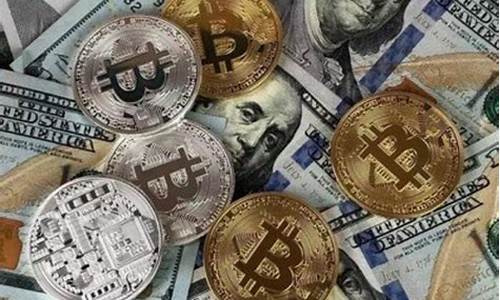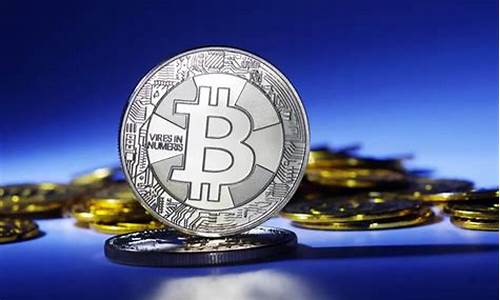
Digital currencies, commonly known as cryptocurrencies, have gained significant
popularity in recent years. These digital assets are decentralized and operate
without the need for intermediaries such as banks or governments. In this article,
we will explore the standards that define digital currencies and their unique
features.
1. Decentralization: One of the most defining features of digital currencies is
their decentralized nature. Unlike traditional currencies, which are controlled
and regulated by central authorities such as governments or financial institutions,
cryptocurrencies operate on a distributed network where transactions are verified
and recorded on a public ledger called a blockchain. This means that no one entity
controls the currency, making it more secure and transparent.
2. Security: Digital currencies use advanced cryptographic algorithms to ensure
the security of transactions. Each transaction is verified by multiple nodes on
the network, making it virtually impossible to tamper with or manipulate the
system. Additionally, digital currencies often use complex wallet systems that
require users to generate and store private keys, further enhancing the security
of their funds.
3. Limited supply: Another defining feature of digital currencies is their limited
supply. Most cryptocurrencies have a fixed number of tokens that will never be
created or destroyed, ensuring scarcity and stability in their value. This
limitation also helps to prevent inflation and maintain the integrity of the
currency system.
4. Transaction speed: Digital currencies are designed to be fast and efficient, with
transactions being confirmed almost instantly. This makes them an ideal option
for online transactions and peer-to-peer payments, as they eliminate the need for
wait times associated with traditional banking systems.
5. User-friendly interface: Many digital currencies have user-friendly interfaces
that make it easy for people to buy, sell, and trade these assets. Some platforms
even offer mobile apps that allow users to manage their digital currencies from anywhere
with an internet connection.
In conclusion, digital currencies represent a new paradigm in the world of finance,
offering unprecedented levels of security, transparency, and decentralization. As
more people become familiar with these assets and their unique features, we can expect
to see their adoption grow in the coming years.





